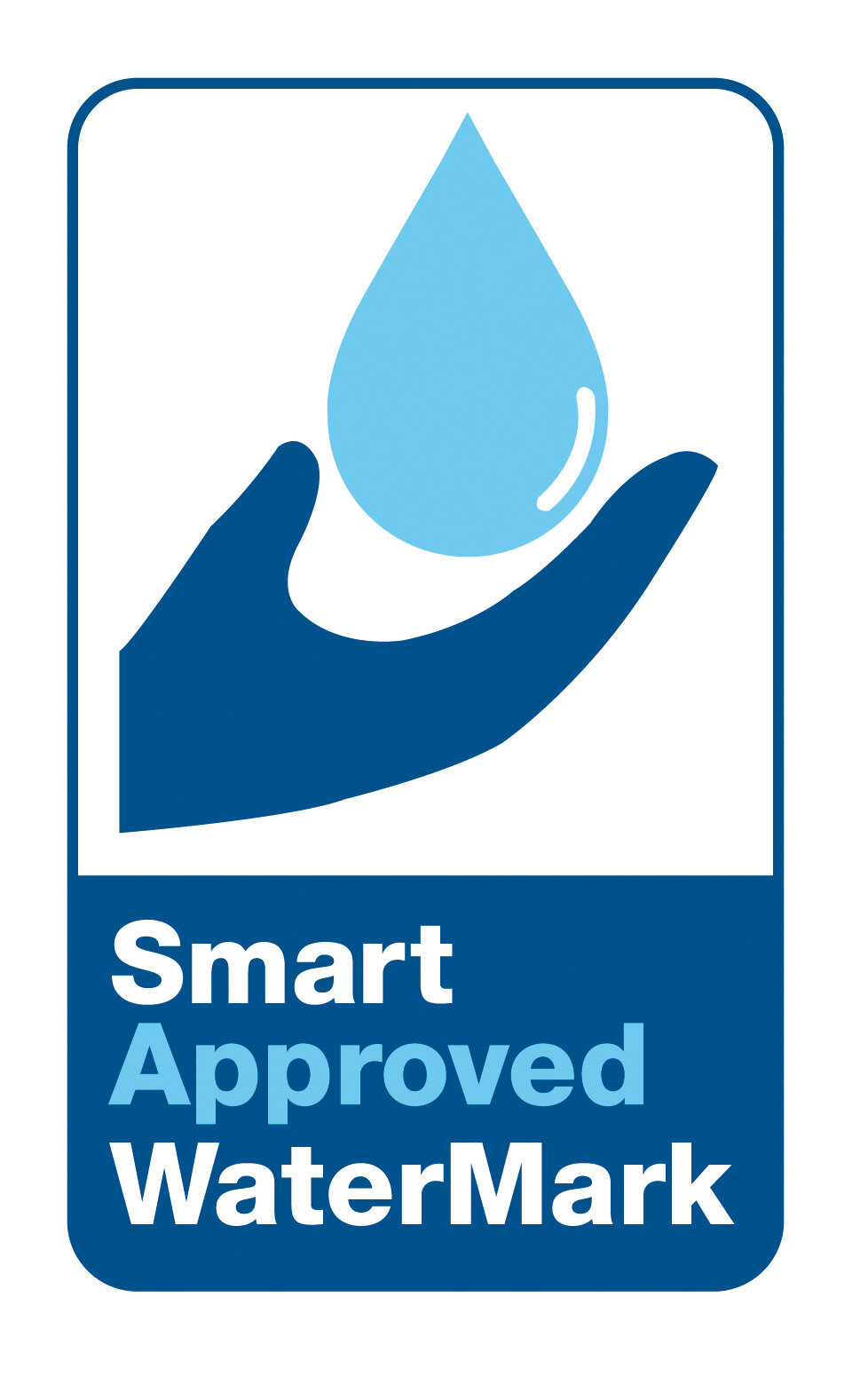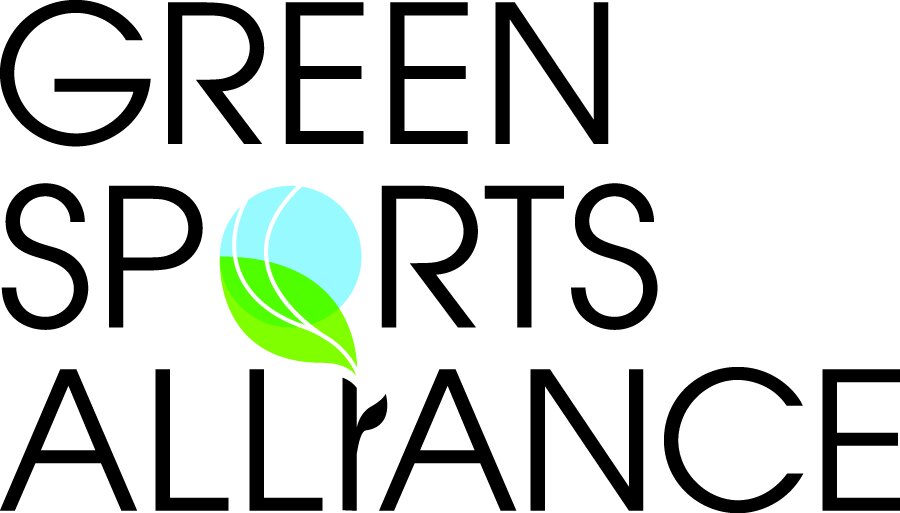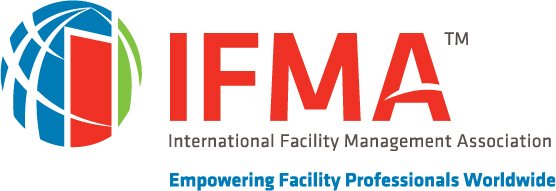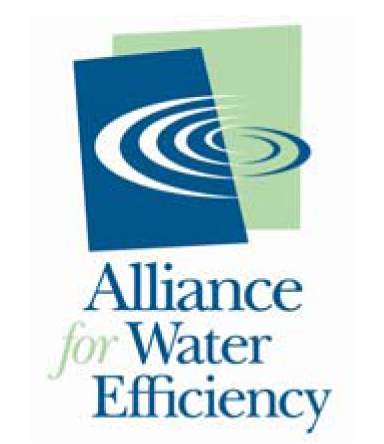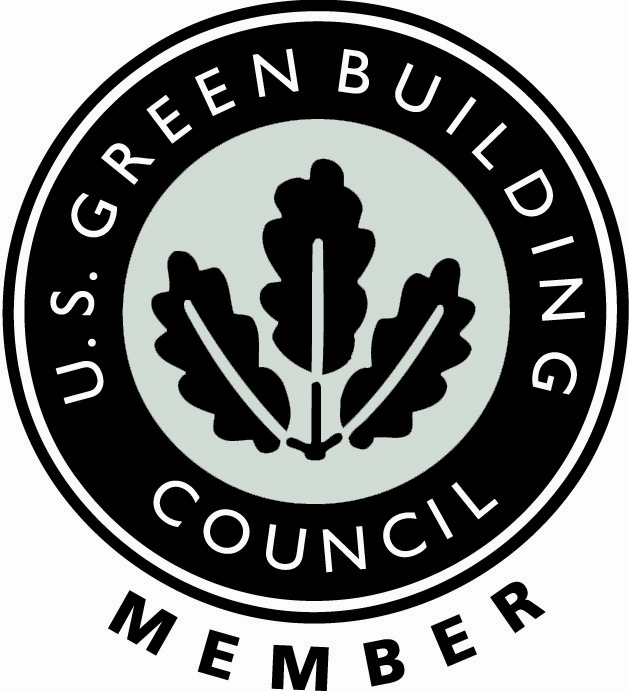Water reducing strategies for manufacturers may can be a direct cost saving and provide other savings as well
Can A Sign Help Reduce Water Consumption?
Move Over Gentrification: The Word of the 21st Century is "Aridification"
In 1964, a German-born sociologist coined the term "gentrification." This is the process of renovating deteriorating urban areas, turning them into affluent enclaves. It became a popular movement in the 20th century and one reason why we still see several home remodeling shows on television today. However, what will become a much more important word in the 21st century, and one we must all become familiar with, is "aridification."
The Colorado River Research Group, an independent team of scientists, focused on the river, introduced the term in 2001. It means "the gradual change of a region from a wetter to a drier climate."
While it can be caused by different reasons, invariably climate change is the culprit. As aridification increases, it can have significant consequences in certain areas such as the following:
• Reduce or eliminate agricultural production
• Lower underground water tables
• Cause soil degradation, ecosystem changes, and decrease water runoff
• Cut the amount of water used by industry, potentially impacting profits and the survival of some companies
• Force consumers to make drastic changes in how they use water
"Words matter," says Klaus Reichardt, CEO and founder of Waterless Co. "We need to have words to help everyone better understand the long-term water challenges before us.'
According to Reichardt, aridification is already making itself known in many parts of the west.
For instance, in June 2018, more than 1,000 people had to evacuate Durango, CO because of fire. This was caused by significantly reduced snowfall that appears to be a trend.
In fact, the entire Four Corners region, where New Mexico, Colorado, Arizona, and Utah meet, is now suffering from aridification. "They still may have some good years with plenty of rainfall, but long-term they will experience less and less precipitation."
Reichardt says we can no longer refer to these situations as droughts. A drought is short term. "We need words like aridification to help people realize we are in for some lasting changes that will impact all aspects of our lives due to less water."
For more information on the features and benefits of Waterless Urinals, contact a Waterless Co representative.
Imagine A Day Without Water
Western Water Summit 2019
Join the Conversation!
Our need for water has collided with the realities of reduced water supply and increasingly threatened sources. In many areas, our water management policies and practices are no longer sufficient, costs are rising, and our legal and regulatory framework is out of alignment with current and future hydrologic and climatic conditions.
It’s time to take a hard look at how we address these issues. Be part of the dialogue at this special gathering as we bring together professionals involved in all facets of water management. Groundwater, surface water, wastewater, drinking water, irrigation, water law, reuse, generation, restoration, conservation & efficiency, erosion & sedimentation—it’s all one water. We will explore and collaborate on these topics and more in our primary conference tracks—Water Reuse, Green Infrastructure, Soil & Surface Water, and Water Law.
To find out more information please visit the WesterWaterSummit.com website.
Green Sports Day, will you join us?
This Saturday, October 6, is the third annual Green Sports Day™ and we want to invite you to participate. The Green Sports Alliance is spreading the word about the efforts athletes, fans, and organizations are making to lessen their footprint on our planet. Can we count on you to join us?
Thanks for your continued support of the sports greening movement. To read more about the Green Sports Alliance, click here.
Climate Change and Water
On July 28, 2017, carried an article that caught many Americans off guard. While several of us have been focused on the soap opera in Washington, Italian government leaders have been dealing with a much more severe issue: water, or lack thereof. They announced on July 28 that two-thirds of the citizens in Rome are set to have their water reduced to just eight hours a day, effective immediately.
What is planned, at least right now, is a rolling blackout of water. While the water is being piped into one area of the city, it will be turned off in another. The goal is that each district involved will share the burden, but water will still be available somewhere nearby to deal with personal or city emergencies.
"Rome could be just the beginning," said Giampaolo Attanasio, a public infrastructure expert at the advisory firm Ernst & Young. "If the situation doesn’t improve, other large cities [around the world] will have to ration water as well. Small towns already have."
While a great deal of Rome's water is wasted as a result of ancient water infrastructure that, as one observer pointed out, leaks like a sieve, what most experts are pointing to as the main culprit is climate change. In 2017, Italy experienced the second-hottest Spring in more than 200 years. Further, Spring rainfall was only half the amount typically received.
At Lake Bracciano, where Rome gets most of its water, the lake is drying up at the rate of about half an inch per day. This means that each month, the water level goes down 15 inches.
To read more… click here
CAPE TOWN IS AN OMEN
Climate change is going to revolutionize politics in cities across the world.
Rainfall in Cape Town is a dramatic affair. In the winter wet season, ominous clouds and strong winds rumble in from the northwest, carrying with them the life-saving moisture of the Atlantic Ocean and dumping it in cold buckets on the city bowl. For days at a time, storms batter and flood the city and surrounding areas, so much so that the region’s first Portuguese moniker was Cabo das Tormentas: “the Cape of Storms.” But residents accept the thrashing. They embrace it, even, because the rainy season provides all the water there is.
During one of those winter storms, I huddled in a meeting room at the University of Cape Town, catching my breath after a wet sprint through the campus, which is built into the lower slopes of Devil’s Peak. I met with the hydrologist Piotr Wolski to discuss droughts. “I don’t know the workings of the city and the workings of the water supply systems—the pipes, and valves, and how it is managed…
To read more on How Will Climate Change Affect Politics? on theAtlantic.com. click here.
Dear Pitt: without waterless urinals, urine trouble
Nine billion gallons of raw sewage and stormwater enter Pittsburgh’s famous three rivers — the Ohio, the Monongahela and the Allegheny — every year.










